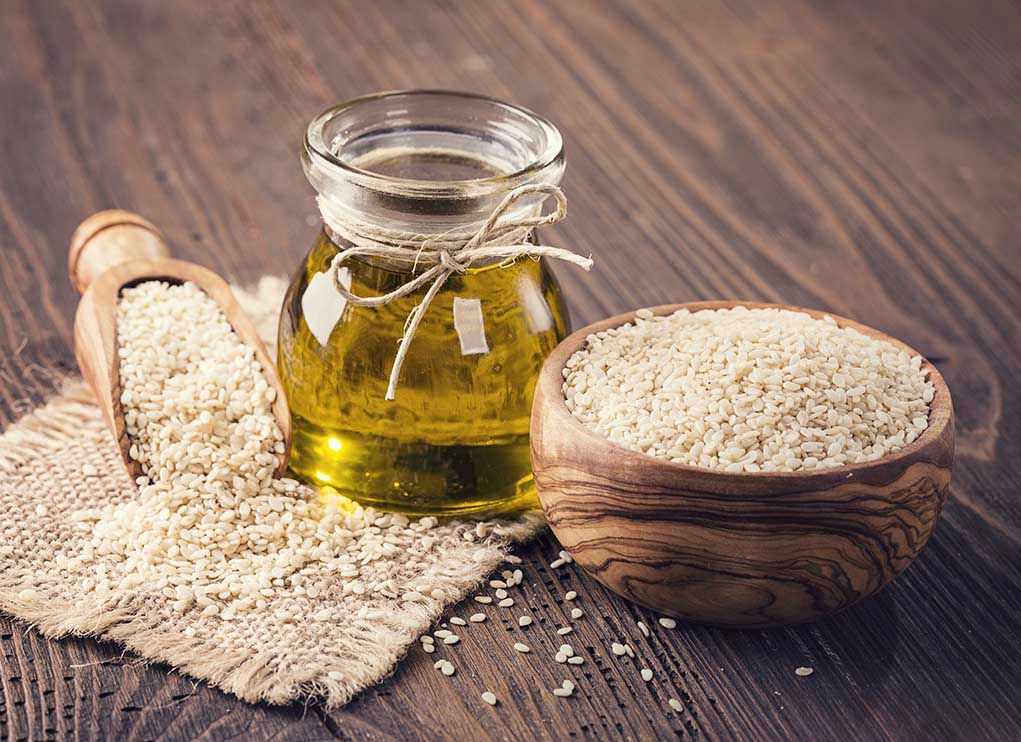
Did you know that your beloved olive oil could be the culinary equivalent of a ticking time bomb, turning rancid and ruining your gourmet dreams?
At a Glance
- Proper storage is key to extending olive oil’s shelf life.
- Dark glass or stainless steel containers are your best bet.
- Store in a cool, dark place to preserve quality.
- Olive oil should be used within 12-18 months of purchase.
Understanding Olive Oil’s Shelf Life
Olive oil, a staple in kitchens worldwide, doesn’t age like fine wine. Instead, it’s more like that questionable Tupperware of leftovers lurking in the back of your fridge. The key to keeping olive oil fresh and flavorful lies in understanding its natural enemies—light, heat, and oxygen. Left unchecked, these can transform liquid gold into something more akin to liquid regret.
Avoid the temptation to store your olive oil near your stove like a trophy. Heat accelerates spoilage, so opt for a cool, dark pantry instead. If you’re thinking of storing it in the fridge, think again. Most experts agree that refrigeration isn’t necessary and may even cause condensation, which is another no-no.
The Right Container Makes All the Difference
Choosing the right vessel for your olive oil is crucial. Dark glass and stainless steel containers are the champions here, keeping the oil safe from light and oxygen, which can turn it rancid faster than you can say “spaghetti aglio e olio.” While plastic may be lightweight and convenient, it’s about as welcome as a fly in your alfredo sauce, allowing air and off-flavors to seep in.
If you’ve already opened your bottle, consider transferring the oil to a smaller container to limit its exposure to oxygen. This small step can help maintain its freshness and flavor for up to three months post-opening. Remember, olive oil’s best friend is a tightly sealed lid.
Why Storage Matters for Your Health and Wallet
Improper storage not only impacts flavor—it can also affect your health. Consuming rancid oil is akin to wearing socks with sandals; just because you can doesn’t mean you should. Deteriorated oil loses its antioxidants and vitamins, negating the health benefits you’re after.
Then there’s the economic angle. Olive oil isn’t cheap, and tossing out a bottle because it’s gone off is like pouring money down the drain. By following best storage practices, you protect your investment and ensure that each drizzle enhances your dishes with the flavor and nutrients you paid for.




